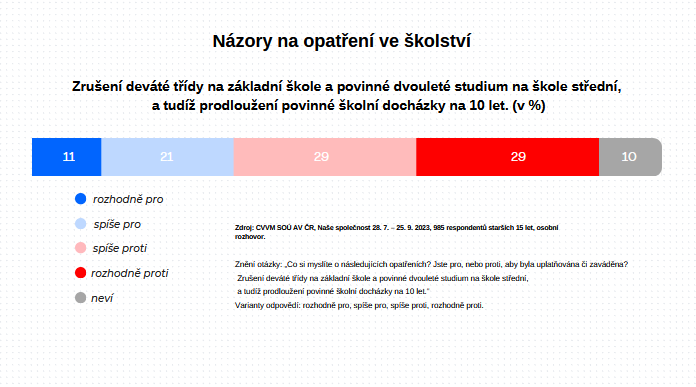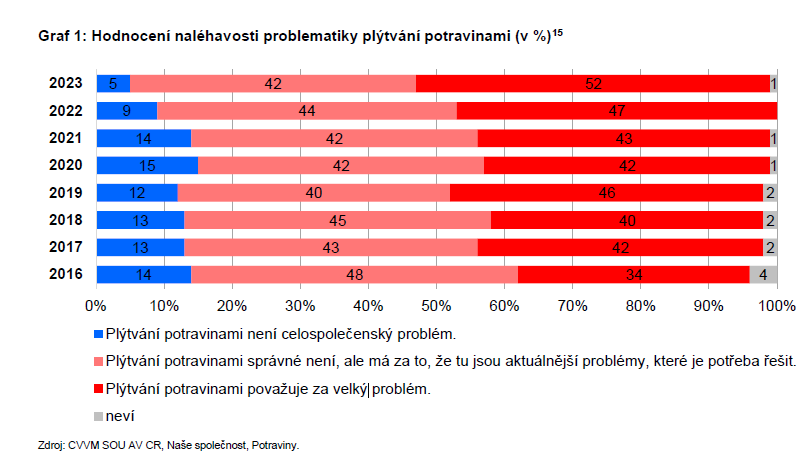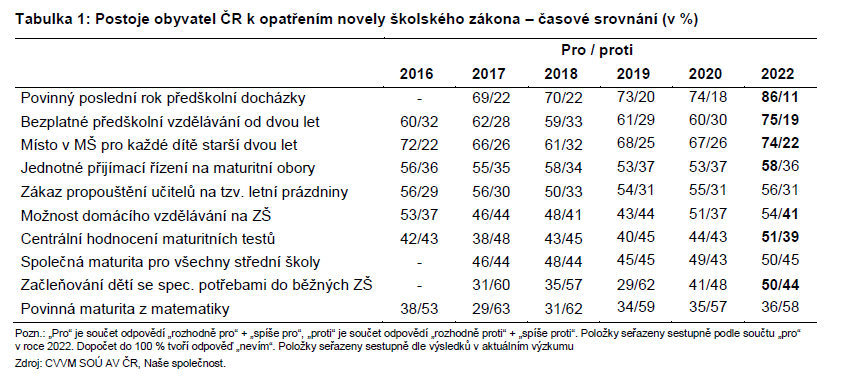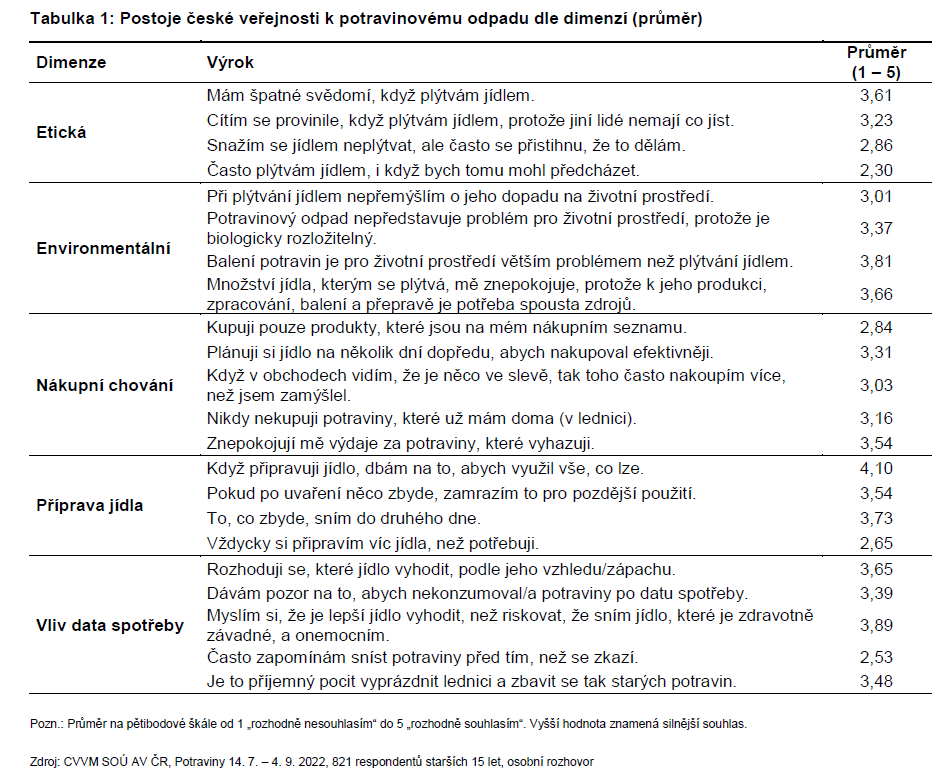Czech public about local food - Potraviny (Food) 2024
This year, the CVVM has included a large block of questions on local food in its special Potraviny (Food) 2024 survey, which focuses mainly on food waste and the purchasing and consumption behaviour of Czech citizens.…
Full press release













